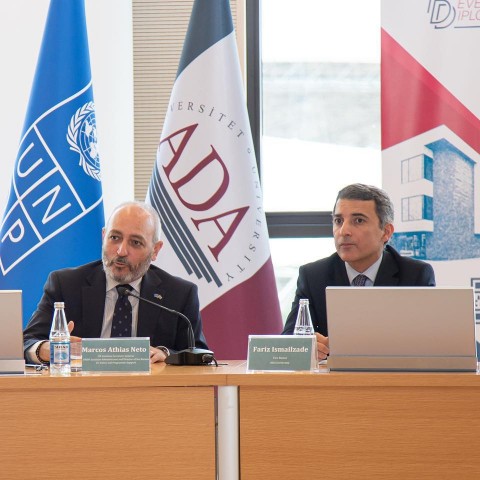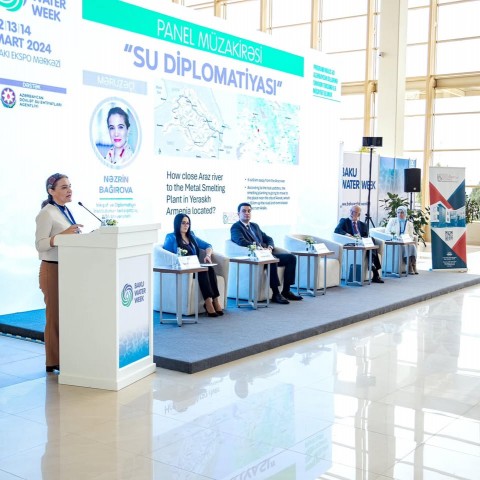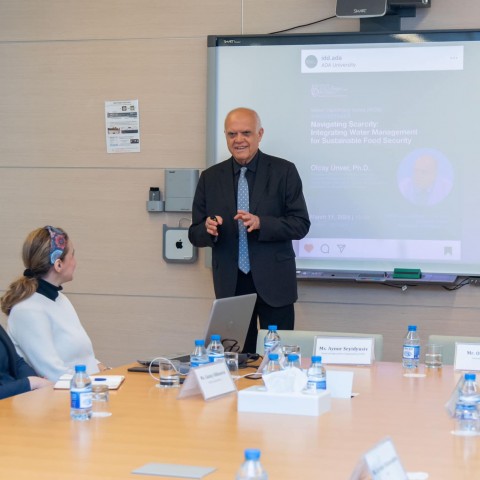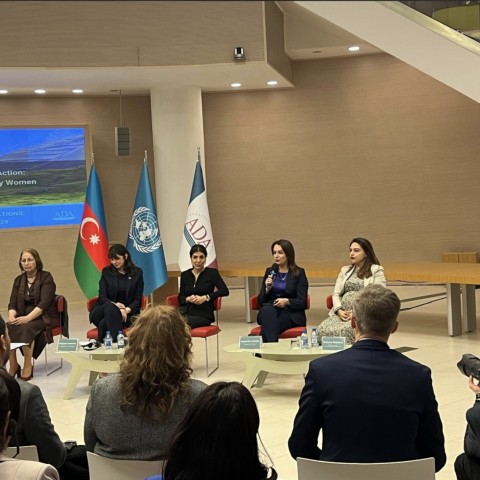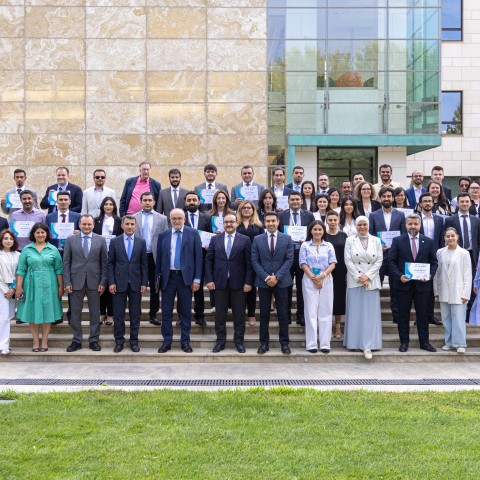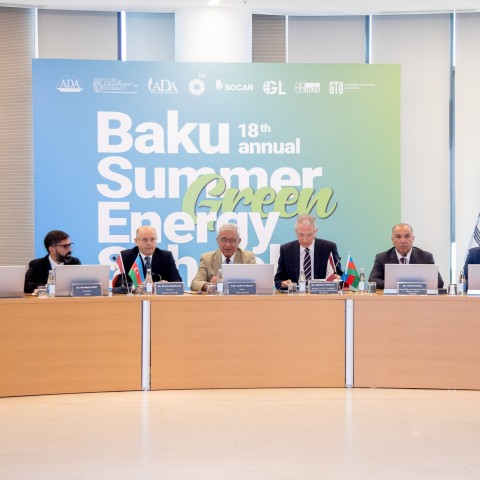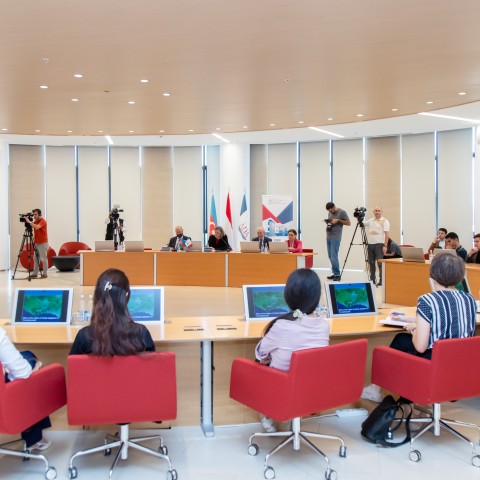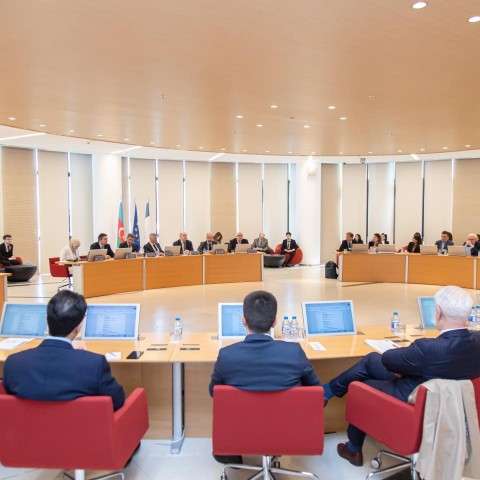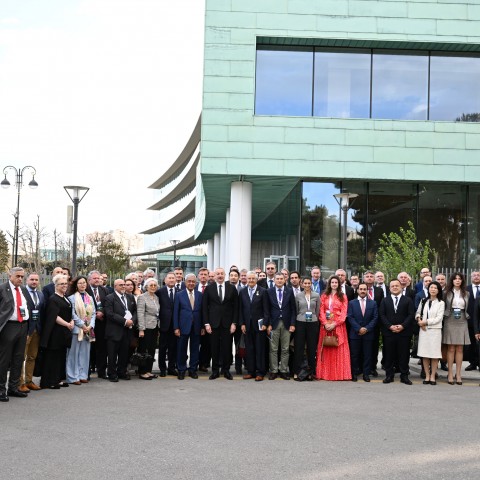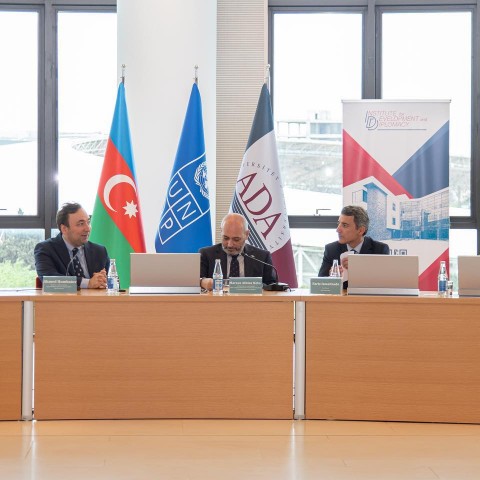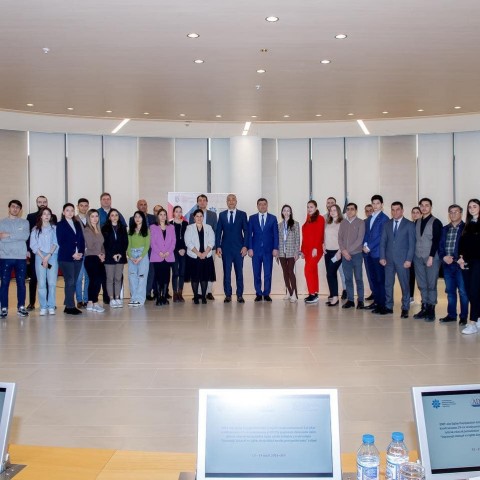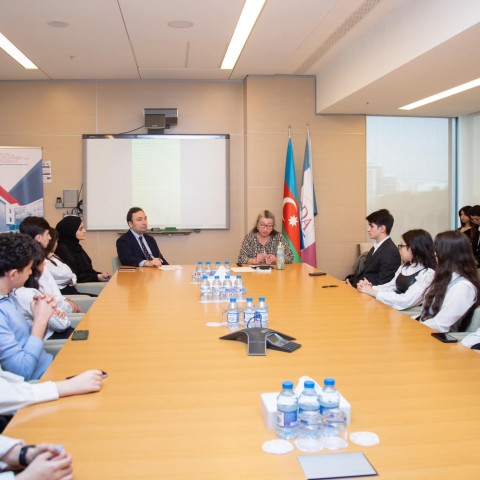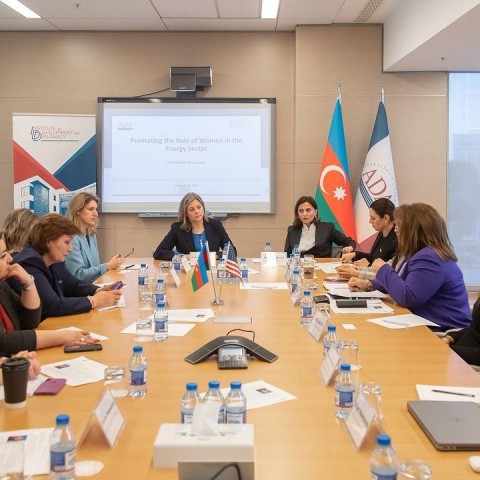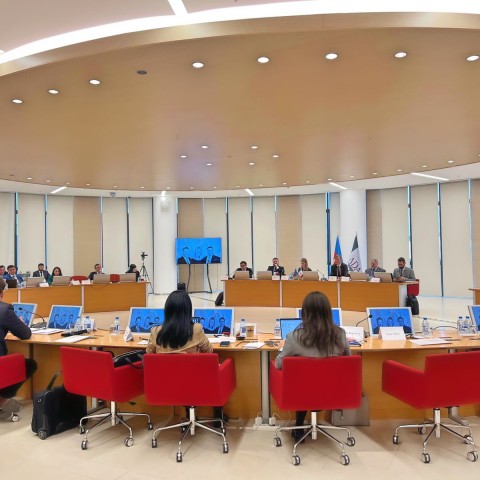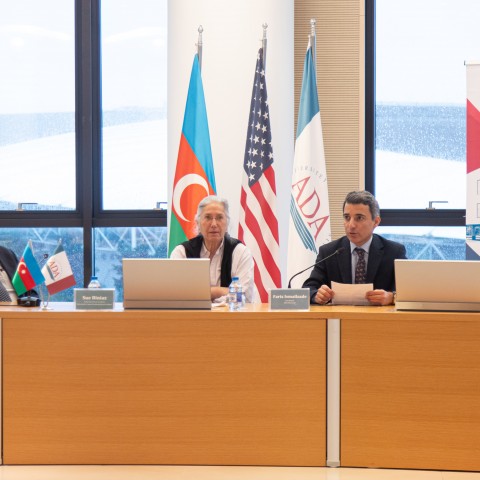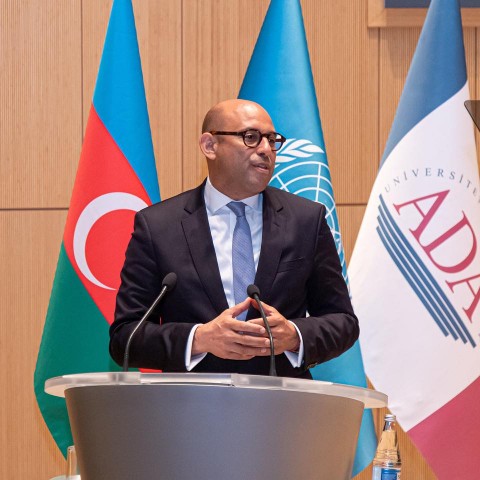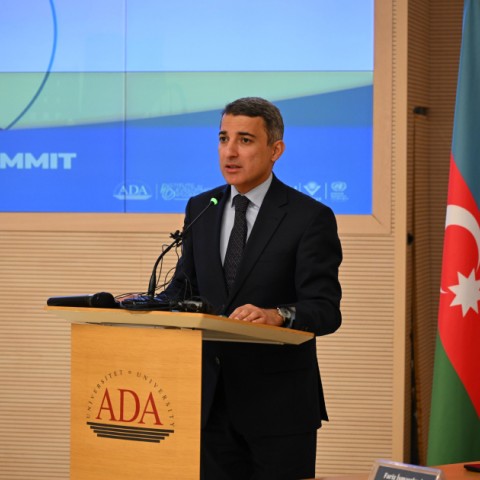
ADA University Students Plant 63 Trees in Memory of Khojaly Victims
In February 2024, ADA University students, with the generous support of the ADA University Foundation and the Coca-Cola Foundation, organized a meaningful tree-planting event at Integrated Training Boarding School No. 11. The event aimed to honor the memory of the 63 children who tragically lost their lives during the Khojaly genocide, a dark chapter in Azerbaijan's history.
A total of 63 trees were planted by the students, each representing one of the innocent lives lost during the horrific events of the Khojaly massacre. This act of remembrance was not only a tribute to the victims but also a symbol of resilience, peace, and hope for a brighter future. The students of ADA University, along with faculty and staff from the Integrated Training Boarding School No. 11, worked together to plant these trees, marking a powerful moment of solidarity and reflection.
The initiative was a part of ADA University’s broader commitment to fostering social responsibility and promoting collective remembrance of significant historical events. By involving students in such hands-on activities, the university continues to encourage engagement with the community and the importance of preserving cultural heritage.
The tree-planting event served as a poignant reminder of the tragedy of Khojaly and the need to ensure that the victims are never forgotten. Through this initiative, ADA University and its partners contributed to creating a lasting memorial that will stand for generations to come.
The support from the ADA University Foundation and the Coca-Cola Foundation made this event possible, underscoring the importance of corporate partnerships in supporting educational and community-driven projects. This tree-planting ceremony not only honored the victims of Khojaly but also reflected ADA University’s continued dedication to environmental sustainability and the preservation of history.
By planting 63 trees, ADA University students not only commemorated the lives lost in Khojaly but also contributed to a greener, more sustainable future. The event is a testament to the power of collective action, remembrance, and the deep respect for the victims of one of Azerbaijan’s most painful historical events.


